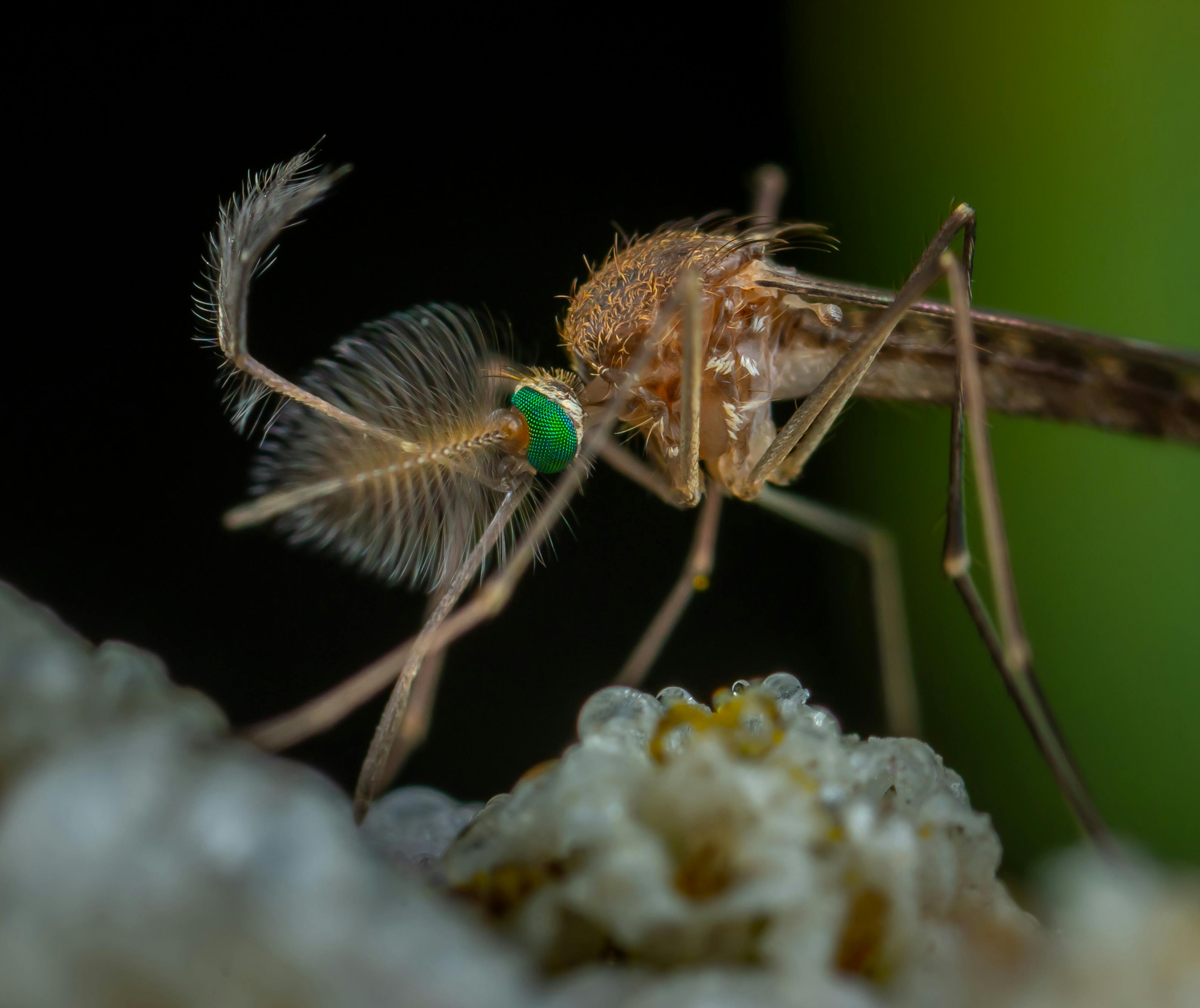
Raining season series: Malaria, A Continuing Health Challenge (1)
Malaria is one of the most common and deadly diseases in Nigeria, with millions of people affected each year. It remains a major public health issue despite advances in treatment and prevention methods. For residents of Abuja and across Nigeria, understanding malaria, its symptoms, prevention, and treatment is crucial in the fight against this deadly disease.
What is Malaria?
Malaria is a mosquito-borne infectious disease caused by the Plasmodium parasite. The primary vectors for malaria in Nigeria are the female Anopheles mosquitoes, which transmit the parasite to humans through their bites. There are several species of Plasmodium that cause malaria, with Plasmodium falciparum being the most common and deadly in sub-Saharan Africa, including Nigeria.
Once an infected mosquito bites a person, the parasite enters the bloodstream and travels to the liver, where it matures and multiplies. After that, the parasites are released back into the bloodstream, infecting red blood cells and causing the symptoms of malaria.
Symptoms of Malaria
Malaria symptoms typically appear 10 to 15 days after being bitten by an infected mosquito. The severity of symptoms can vary, but common signs of malaria include:
- Fever: A high temperature is one of the most common symptoms of malaria.
- Chills and Sweats: Individuals may experience intense cold and sweating episodes.
- Headache: A persistent headache is often reported.
- Fatigue: Malaria often causes a feeling of extreme tiredness and weakness.
- Muscle and Joint Pain: Malaria can cause body aches and pain in the muscles and joints.
- Vomiting and Diarrhea: In some cases, digestive symptoms like nausea and diarrhea occur.
If left untreated, malaria can lead to severe complications such as anemia, organ failure, or even death. Children, pregnant women, and individuals with weakened immune systems are particularly vulnerable to the severe effects of the disease.
Why is Malaria a Major Problem in Nigeria?
Nigeria bears a significant burden of malaria, accounting for a large proportion of malaria cases and deaths in Africa. The country’s tropical climate, along with the presence of large areas of stagnant water, creates ideal breeding grounds for the Anopheles mosquito. Urban and rural areas alike are affected, making malaria a nationwide concern.
Abuja, although more developed than some parts of the country, still faces malaria challenges. The rapid urbanization and increasing population density in the city can create favorable environments for mosquitoes to breed. Poor sanitation, inadequate waste management, and the prevalence of stagnant water sources contribute to the persistence of malaria in the city.
Additionally, public awareness about malaria prevention and treatment remains insufficient, and many people continue to rely on traditional remedies or delay seeking medical attention, worsening the outcome of the disease.
Prevention and Control of Malaria
Preventing malaria requires a combination of personal protective measures and public health interventions. Here are some of the most effective strategies to reduce the spread of malaria:
- Insecticide-Treated Nets (ITNs): Sleeping under insecticide-treated mosquito nets is one of the most effective ways to prevent malaria. These nets protect people from mosquito bites, especially at night when mosquitoes are most active.
- Indoor Residual Spraying (IRS): Spraying the interior of homes with insecticides can help reduce mosquito populations in the area, decreasing the risk of transmission.
- Eliminating Mosquito Breeding Sites: Removing standing water in and around homes and communities can reduce mosquito breeding grounds. This includes emptying containers that collect water, clearing gutters, and filling low-lying areas where water can accumulate.
- Antimalarial Medications: Taking preventive malaria medications, especially for pregnant women and travelers to malaria-endemic areas, can reduce the risk of contracting the disease. The use of drugs like chloroquine and sulfadoxine-pyrimethamine can be effective in preventing malaria in high-risk individuals.
- Awareness and Education: Educating the public about the symptoms of malaria, the importance of using mosquito nets, and seeking early treatment can significantly reduce the burden of the disease.
Treatment of Malaria
Malaria is treatable, and early intervention is key to preventing complications. The treatment of malaria typically involves antimalarial drugs, with the most common medications being artemisinin-based combination therapies (ACTs). These medications are effective against Plasmodium falciparum and are widely available in health facilities across Nigeria.
If you or someone you know is experiencing symptoms of malaria, it is important to seek medical attention immediately. Blood tests can confirm the presence of the malaria parasite, and appropriate treatment can begin without delay. Delaying treatment can lead to more severe forms of malaria and increase the risk of complications.
Malaria in Abuja: What Can Residents Do?
While malaria remains a threat in Abuja, residents can take several steps to protect themselves:
- Use Mosquito Nets: Make sure your family sleeps under insecticide-treated nets, especially during the rainy season when mosquitoes are most active.
- Maintain Cleanliness: Keep your home free of standing water, and ensure that garbage is disposed of properly.
- Seek Early Treatment: If you experience malaria symptoms, don’t hesitate to visit a healthcare provider and get a blood test.
- Participate in Community Efforts: Join community initiatives aimed at eliminating mosquito breeding grounds and raising awareness about malaria prevention.
Conclusion
While the disease is preventable and treatable, it requires a collective effort from individuals, communities, and healthcare providers to reduce its impact. By taking simple preventive measures, seeking timely treatment, and educating others, Abuja residents can play an active role in the fight against malaria. Together, we can make significant strides toward reducing malaria transmission and saving lives.
Related Blogs

INTRODUCTION
When it comes to staying fit and fabulous, we Nigerians know how to bring the flavor! Nutrition is the secret ingredient that keeps us thriving and slaying. In this article,
Related Blogs

Introduction:
Contraceptives dey important well-well for family planning, because dem help people make better decisions 'bout their reproductive health. But some pipo
Related Blogs

✨ Say hello to a radiant complexion! ✨ Exfoliation is the secret weapon for achieving smooth, glowing skin. 🌟 In this article, we'll dive into the world of exfoliation, exploring its inc